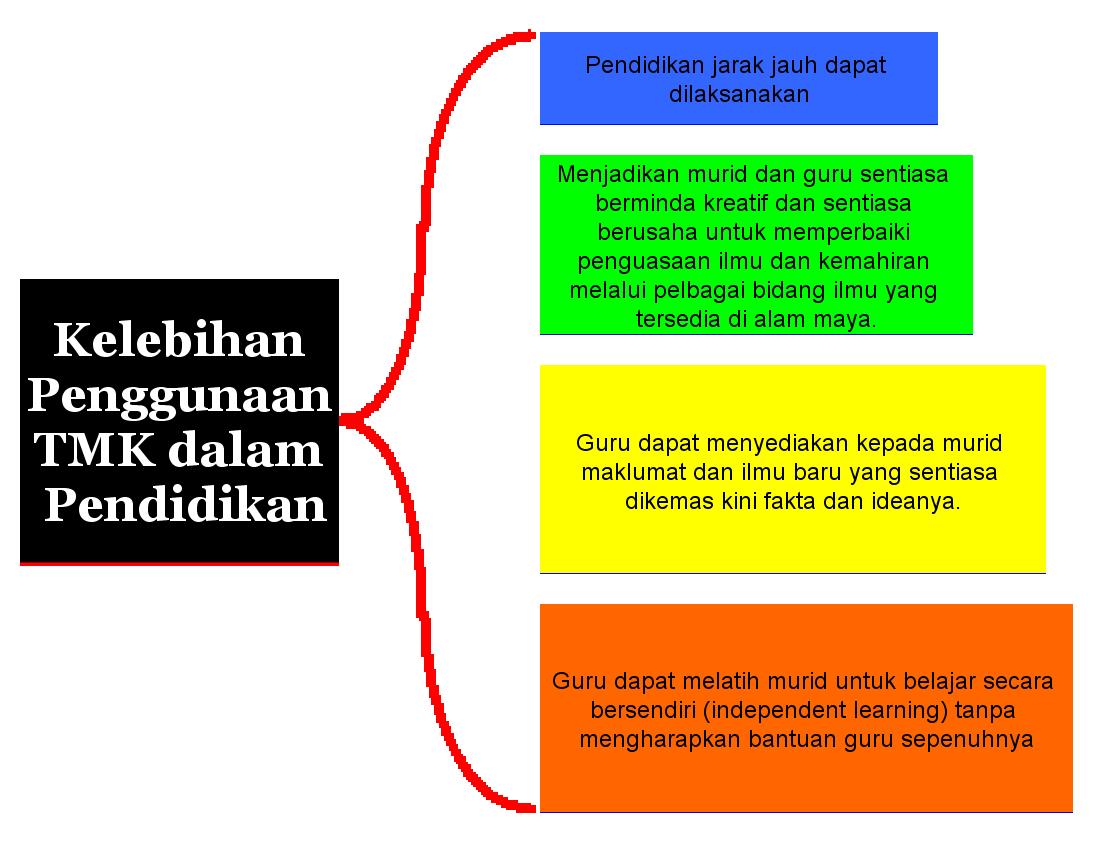Imagine a world where diseases are diagnosed instantly, treatments are personalized to your genetic makeup, and surgeries are performed with robotic precision. This isn't science fiction; it's the reality of modern medicine, driven by the relentless progress of science and technology. The integration of scientific discoveries and technological innovations has revolutionized healthcare, offering unprecedented opportunities to improve human health and well-being.
From the simplest thermometer to the most complex imaging scanners, medical advancements have consistently pushed the boundaries of what's possible. These advancements, encompassing fields like biotechnology, nanotechnology, and information technology, are transforming every aspect of healthcare, from diagnosis and treatment to disease prevention and rehabilitation. The impact of these innovations is profound, extending lifespans, enhancing quality of life, and reshaping the very fabric of the medical landscape.
The journey of medical science and technology began centuries ago with basic observations of the human body and the natural world. Early healers relied on herbal remedies and rudimentary surgical techniques. Over time, the development of the microscope, the discovery of antibiotics, and the advent of vaccination marked significant milestones, paving the way for modern medical practice. The 20th and 21st centuries witnessed an explosion of scientific breakthroughs, leading to the development of life-saving drugs, advanced imaging techniques, minimally invasive surgical procedures, and personalized medicine approaches.
The importance of science and technology in medicine cannot be overstated. These advancements have dramatically reduced mortality rates, eradicated diseases, and improved the management of chronic conditions. They have empowered healthcare professionals with sophisticated tools and techniques for accurate diagnosis, targeted treatment, and effective patient care. However, these advancements also raise important ethical and societal questions about access, affordability, and the responsible use of these powerful technologies.
One prominent example of this integration is personalized medicine, which tailors medical treatment to individual patients based on their genetic profile, lifestyle, and environmental factors. This approach allows for more precise diagnoses, targeted therapies, and improved treatment outcomes. Another example is the use of artificial intelligence (AI) in medical imaging, which can assist radiologists in identifying subtle abnormalities and making more accurate diagnoses.
Benefits of advancements in medical science and technology include early and accurate diagnosis, personalized treatments, and minimally invasive procedures. Early diagnosis through advanced imaging and diagnostic tests allows for timely intervention and better treatment outcomes. Personalized medicine tailors treatments to individual patient needs, maximizing efficacy and minimizing side effects. Minimally invasive surgeries, using robotic assistance and advanced imaging, reduce patient trauma, recovery time, and risk of complications.
Advantages and Disadvantages of Advanced Medical Technology
| Advantages | Disadvantages |
|---|---|
| Improved diagnostic accuracy | High costs of implementation and maintenance |
| More effective treatments | Potential for increased health disparities |
| Minimally invasive procedures | Ethical concerns regarding data privacy and security |
Five real examples of science and technology in medicine: 1. Robotic surgery for precise and minimally invasive procedures. 2. Artificial intelligence for medical image analysis and diagnosis. 3. CRISPR gene editing for potential treatment of genetic disorders. 4. 3D printing for creating customized prosthetics and implants. 5. Telemedicine for remote patient monitoring and consultation.
Five challenges and solutions in medical technology: 1. High costs - explore innovative financing models and cost-effective technologies. 2. Data security - implement robust cybersecurity measures and data encryption. 3. Access to technology - promote equitable distribution of resources and telemedicine initiatives. 4. Ethical considerations - establish clear ethical guidelines and regulations. 5. Workforce training - invest in education and training programs for healthcare professionals.
FAQs: 1. What is personalized medicine? 2. How does AI impact healthcare? 3. What are the benefits of robotic surgery? 4. What are the ethical implications of gene editing? 5. How can telemedicine improve access to care? 6. What are the latest advancements in medical imaging? 7. How can we address the high cost of medical technology? 8. What are the future trends in healthcare technology?
Tips and tricks: Stay informed about the latest advancements in medical science and technology through reputable sources. Engage in discussions with healthcare professionals about the potential benefits and risks of new technologies. Advocate for policies that promote equitable access to innovative medical technologies.
In conclusion, the advancements in science and technology have dramatically reshaped the medical landscape, offering unprecedented opportunities to improve human health. From early diagnosis and personalized treatments to minimally invasive procedures and remote patient monitoring, these innovations have transformed every aspect of healthcare. While challenges remain, particularly regarding access and affordability, the continued integration of science and technology holds immense promise for a healthier future. Embracing these advancements responsibly and ethically is crucial to realizing the full potential of medical innovation and ensuring that its benefits are accessible to all. By fostering collaboration between researchers, healthcare professionals, policymakers, and patients, we can harness the power of science and technology to create a healthier and more equitable world.
Navigating medicare in georgia with aarp
Etched in memory exploring the growing trend of memorial tattoos for dad
Jerzees sports bar canton ohio your game day hq
Karangan Kepentingan Sains Dan Teknologi Dalam Bidang Perubatan - Khao Tick On
Tingkat inovasi teknologi perubatan hadapi cabaran kesihatan UMPSA News - Khao Tick On
Karangan SPM Faedah Sains dan teknologi - Khao Tick On
Karangan Kepentingan Sains Dan Teknologi Dalam Bidang Perubatan - Khao Tick On
Contoh Karangan Sains Teknologi Dan Inovasi Contoh Karangan Kebaikan - Khao Tick On
sains dan teknologi dalam bidang perubatan - Khao Tick On
Kepentingan Teknologi Dalam Pendidikan Pamelaexrird - Khao Tick On
Kepentingan Teknologi Maklumat Dan Komunikasi Dalam Pelbagai Bidang Di - Khao Tick On
PDF Sumbangan Sains Islam dalam Sains Moden - Khao Tick On
PDF PENCAPAIAN MASYARAKAT MELAYU DALAM BIDANG SAINS DAN TEKNOLOGI - Khao Tick On
Karangan Kepentingan Sains Dan Teknologi Dalam Bidang Perubatan - Khao Tick On
sains dan teknologi dalam bidang perubatan - Khao Tick On











